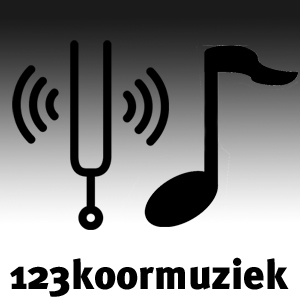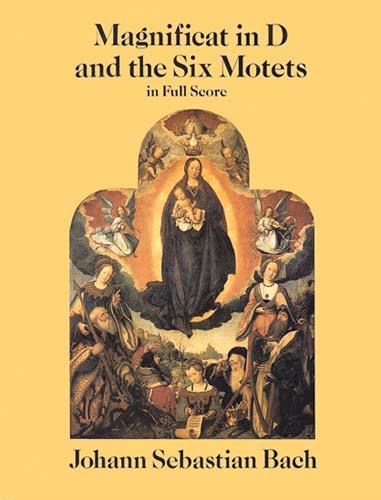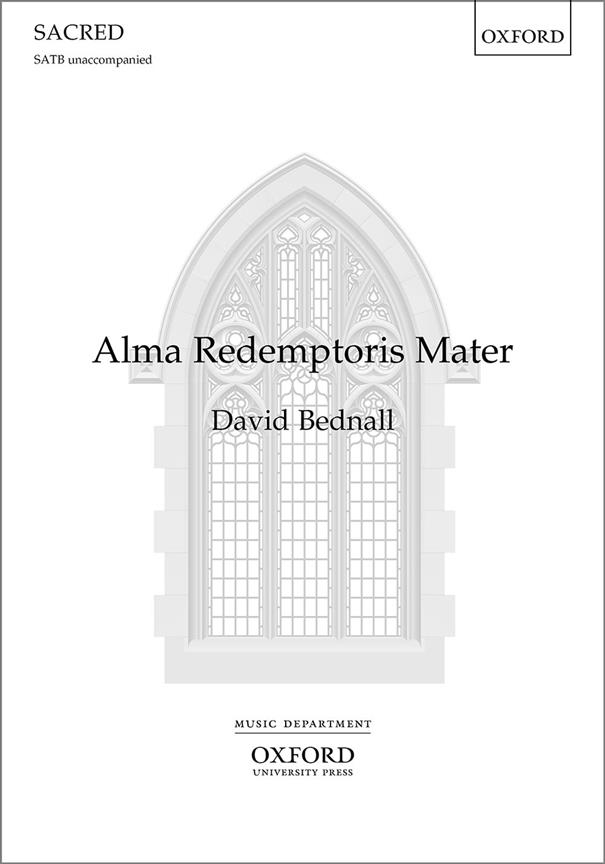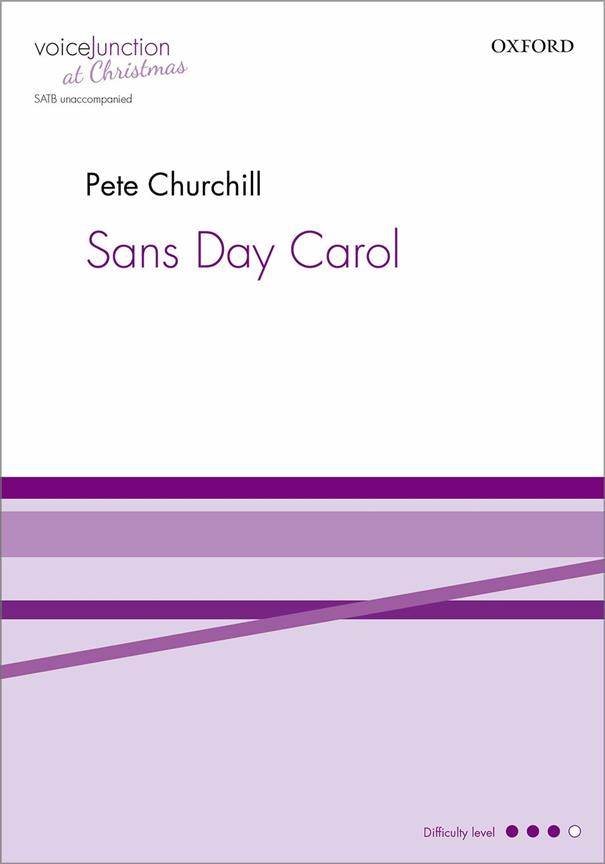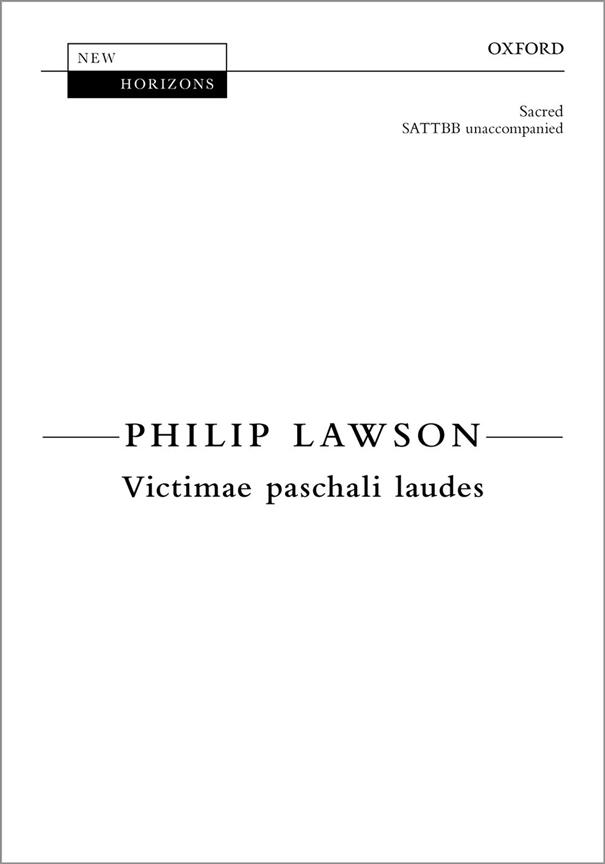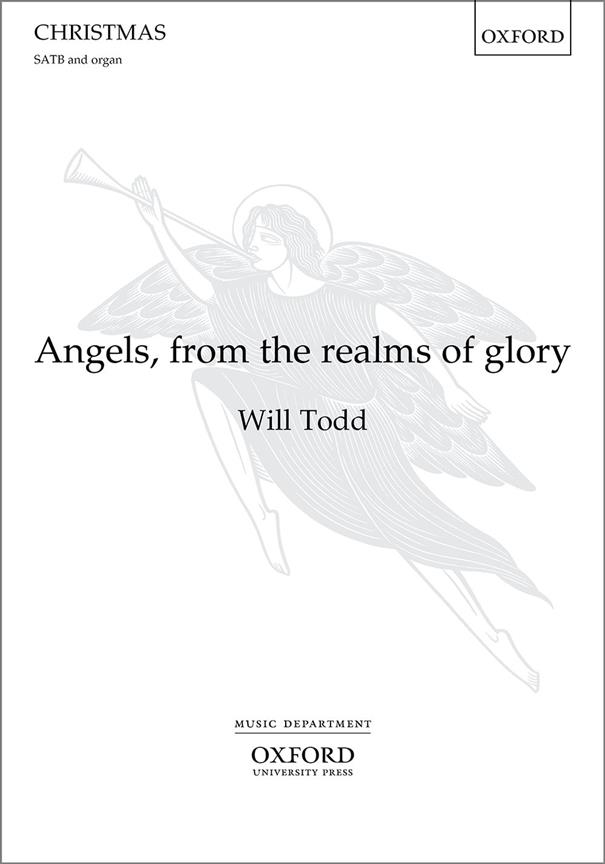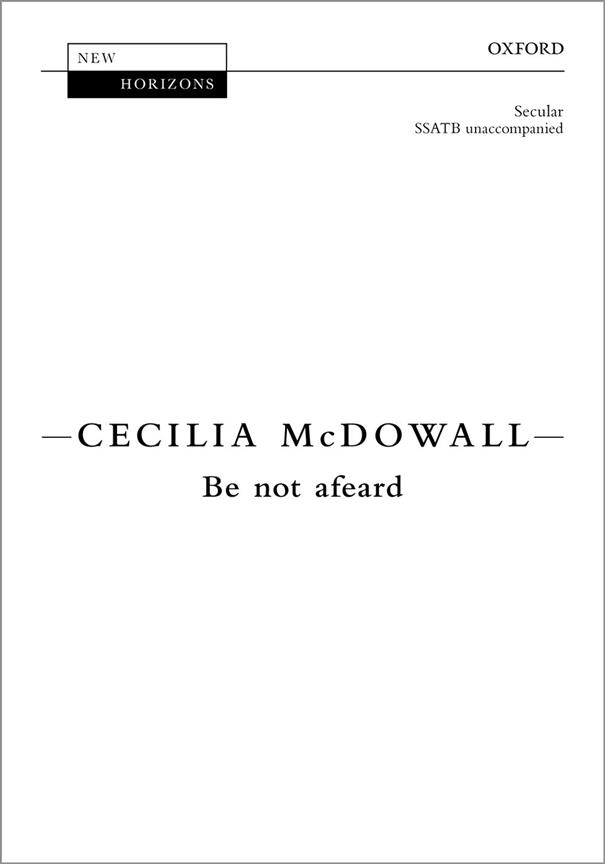Bach: Magnificat In D And The Six Motets
€ 27,99
Op bestelling. Levering gewoonlijk binnen 2-3 weken
- Telefonisch advies: 023-5450815
- 30 dagen bedenktijd en gratis retourneren
- Gratis verzending voor bestellingen boven €30,00
Bach: Magnificat In D And The Six Motets
Among the many great works created for the church liturgy by Johann Sebastian Bach, the Magnificat in D is one of the most universally loved and studied. It is thought that Bach originally composed it for Christmas 1723, soon after arriving in Leipzig to take up his musical duties at the Thomasschule, then later revised it.
Bach scored the Latin text of the Magnificat for the soloists, five-part chorus, and an orchestra of two flutes, two oboes, three trumpets, timpani, strings, and basso continuo. Powerful, compact, and deeply moving, this ardent hymn of praise is today one of the most frequently performed of all masterworks of devotional music.
In addition to the Magnificat, this volume contains all six Bach motets. Most of these stirring contrapuntal works, generally sung a cappella, were created, like the Magnificat, during the composer’s earliest years in Leipzig. The motets were composed for special occasions, probably for memorial services of prominent Leipzig citizens.
The motets are “Singet dem Herr nein neues Lied,” “Der Geist hilft unsrer Schwachheit auf,” “Jesu, meine Freude,” “Fürchte dich nicht, ich bin bei dir,” Komm, Jesu, komm!” and “Lobet den Herrn, alle Heiden.” Along with the Magnificat in D, they have been reprinted here from the authoritative Bach-Gesellschaft edition published by Breitkopt & Härtel of Leipzig.
Reprinted from the authoritative Bach-Gesellschaft Edition published by Breitkopf & Härtel, Leipzig.
| Componist | |
|---|---|
| Periode | |
| Genre | |
| Uitgever | |
| Series | |
| Vorm | |
| Soort bladmuziek | Koorpartijen |
| Moeilijkheidsgraad |
| ISBN | 9780486288048 |
|---|---|
| Soort | Bladmuziek |
| Uitgevers Nr 1 | DOV288048 |
| Taal | Duits |
| Bindwijze | Soft-Cover/Paperbound |
| Levertijd | Op bestelling. Levering gewoonlijk binnen 2-3 weken |
| Instrument | Vocal Score/Klavierauszug/Klavieruittreksel |
